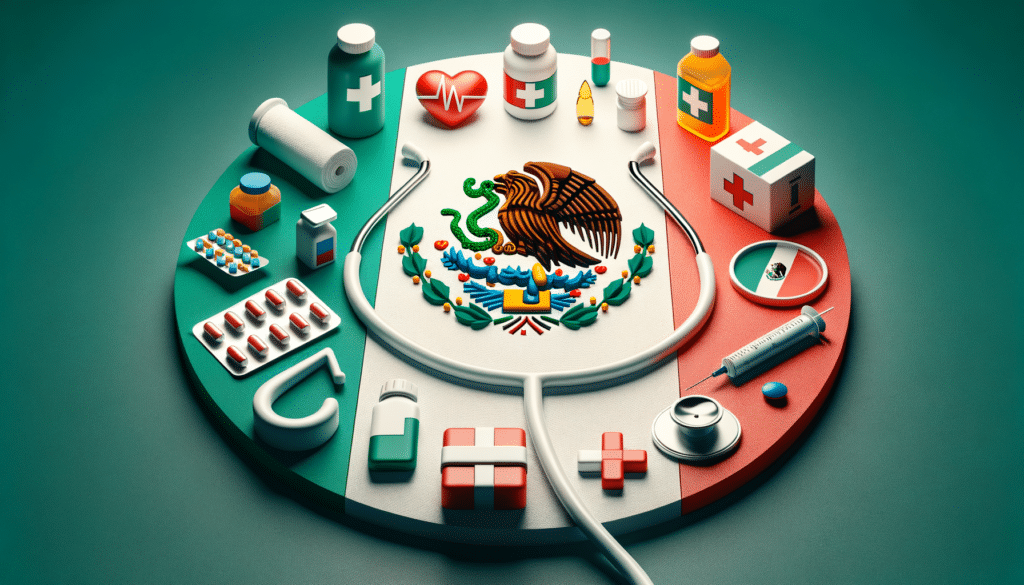The Role of Snacks in Weight Loss
Snacking often gets a bad reputation when it comes to weight loss, but when done right, it can be a powerful tool in your dietary arsenal. The key is choosing snacks that contribute to your nutritional goals rather than detract from them. Snacks can help maintain energy levels, curb hunger between meals, and prevent overeating at mealtimes. When you choose snacks wisely, you can enjoy a variety of flavors and textures while keeping your calorie intake in check.
Choosing the right snacks involves understanding your body’s needs and the nutritional value of the foods you consume. High-fiber, protein-rich snacks can keep you full longer, reducing the temptation to indulge in less healthy options. Additionally, snacks that are low in added sugars and unhealthy fats can support your weight loss efforts by keeping your calorie count under control. Incorporating a mix of fruits, vegetables, nuts, and whole grains can provide essential nutrients while satisfying your cravings.
It’s important to note that portion control is crucial when it comes to snacking. Even healthy snacks can contribute to weight gain if consumed in large quantities. Therefore, being mindful of serving sizes and listening to your body’s hunger cues can help you enjoy snacks without derailing your progress.
Healthy Snack Options for Weight Loss
When selecting snacks for weight loss, it’s essential to focus on nutrient-dense options that provide satisfaction and energy without excessive calories. Here are some excellent snack choices that align with these principles:
- Fresh Fruits: Apples, berries, and oranges are portable and naturally sweet, offering vitamins and fiber.
- Vegetables with Hummus: Carrot sticks, cucumber slices, or bell pepper strips paired with hummus provide fiber and protein.
- Greek Yogurt: A great source of protein and probiotics, Greek yogurt can be topped with a sprinkle of nuts or seeds.
- Nuts and Seeds: Almonds, walnuts, or sunflower seeds offer healthy fats and protein. Just be mindful of portion sizes.
- Whole-Grain Crackers: Pair with a slice of cheese or avocado for a balanced snack.
These options not only satisfy hunger but also contribute to your overall nutritional intake, making them ideal for those pursuing weight loss.
Understanding Nutritional Labels
Reading nutritional labels is a vital skill when choosing snacks for weight loss. Understanding the information on these labels can help you make informed decisions about what you’re consuming. Key components to look for include:
- Calories: Ensure the snack fits within your daily caloric intake goals.
- Serving Size: Be aware of how many servings are in a package to avoid accidental overeating.
- Fat Content: Focus on snacks with healthy fats, such as monounsaturated and polyunsaturated fats.
- Sugar Content: Opt for snacks with low added sugars to avoid unnecessary calorie intake.
- Fiber and Protein: High fiber and protein content can help keep you satiated longer.
By familiarizing yourself with these aspects, you can better navigate the snack aisle and choose options that align with your weight loss objectives.
Timing Your Snacks for Optimal Results
Timing your snack consumption can significantly impact your weight loss journey. Eating at regular intervals can help maintain steady energy levels and prevent extreme hunger that leads to overeating. Here are some tips for timing your snacks effectively:
- Mid-Morning Snack: A small snack between breakfast and lunch can prevent a midday energy slump.
- Afternoon Snack: A nutritious snack in the afternoon can curb cravings and provide a boost of energy to finish the day strong.
- Pre-Workout Snack: Consuming a light snack before exercise can enhance performance and endurance.
- Post-Workout Snack: A snack rich in protein and carbohydrates can aid in recovery and muscle building.
By strategically timing your snacks, you can support your body’s needs and enhance your weight loss efforts.
Common Mistakes to Avoid
While snacking can be beneficial, it’s easy to fall into traps that hinder weight loss progress. Here are some common mistakes to avoid:
- Mindless Eating: Eating while distracted can lead to overconsumption. Focus on your food to enjoy it fully and recognize when you’re full.
- Skipping Snacks: Skipping snacks can lead to excessive hunger and poor food choices later. Plan your snacks to prevent this.
- Relying on Processed Foods: Many packaged snacks are high in unhealthy fats, sugars, and sodium. Opt for whole, minimally processed options instead.
- Ignoring Portion Sizes: Even healthy snacks can be calorie-dense. Measure portions to avoid unintentional overeating.
By being aware of these pitfalls, you can make more mindful choices and keep your weight loss journey on track.





